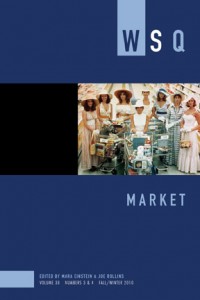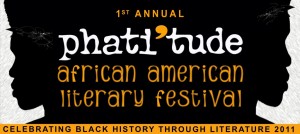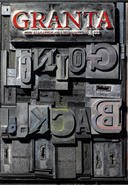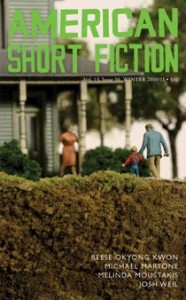New additions to the The NewPages Big List of Literary Magazines:
Assaracus – GLBT poetry
Yomimono – (Japan) poetry, fiction
Open Face Sandwich – prose, art
Puffin Circus – poetry, art
THIS ‘zine – fiction, essays
Barnstorm – poetry, fiction, nonfiction, artwork
Paperbag – poetry, sound, experiment, collaboration, visual art
Sphere – undergraduate poetry, fiction, nonfiction
Union Station – poetry, fiction, photography, book reviews, interviews
ken*again – poetry, fiction, creative nonfiction, art, photographs and cartoons
Village Pariah – poetry, fiction, nonfiction (sponsor: Mark Twain Home & Museum)
Caper Literary Journal – poetry, fiction, memoir, essay, reviews, art, chapbooks, interviews, video, music
WomenArts Quarterly Journal – poetry, fiction, essays, visual art, music reviews, scholarly articles, creative non-fiction, poetry, erotica, graphic fiction, comics, reviews, photos, artwork, video
New addition to The NewPages Big List of Alternative Magazines:
Persepolis Magazine – multi-university bilingual in English and Farsi (Canada)
New addition to the NewPages Guide to Independent Publishers & University Presses
Fresco Books
Atticus Books
Last Light Studio
Small Desk Press
Casperian Books

 ropositions written broken-english wise,” the poet writes in “Average Reader,” a phrase that embodies this book’s essence and which characterizes what is most appealing about it, original syntax, a unique sense of what can be “english-wise.” Perhaps the poet imagines that this unique language is precisely what we need to survive: “you want to be saved,” Mobilio insists in the collection’s opening poem, “Touch Wood.” And how could we not be saved by such lines as “we lay down housed,” reminding us of the human capacity for invention, for creativity.
ropositions written broken-english wise,” the poet writes in “Average Reader,” a phrase that embodies this book’s essence and which characterizes what is most appealing about it, original syntax, a unique sense of what can be “english-wise.” Perhaps the poet imagines that this unique language is precisely what we need to survive: “you want to be saved,” Mobilio insists in the collection’s opening poem, “Touch Wood.” And how could we not be saved by such lines as “we lay down housed,” reminding us of the human capacity for invention, for creativity. 




